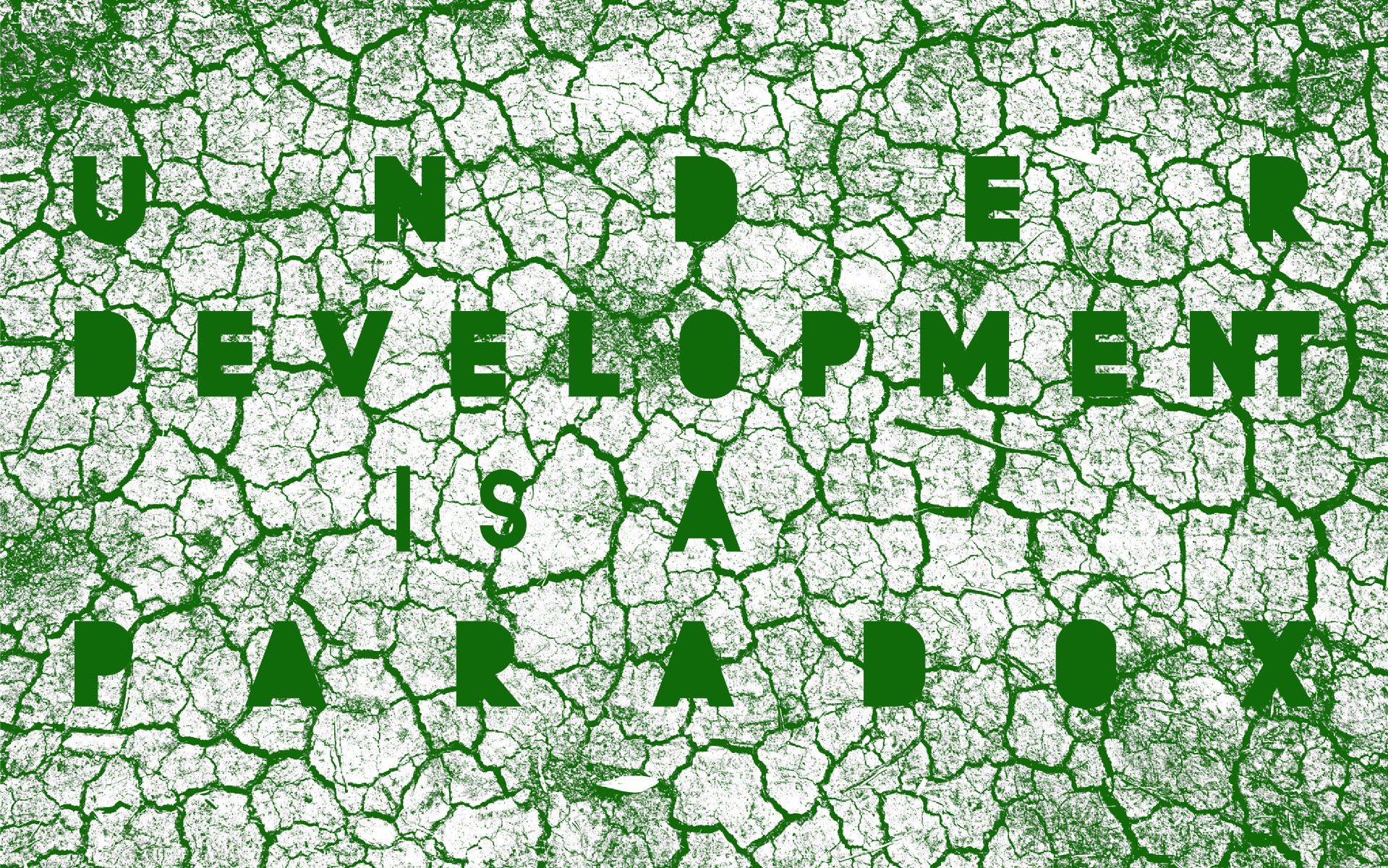Tuchoree Mto
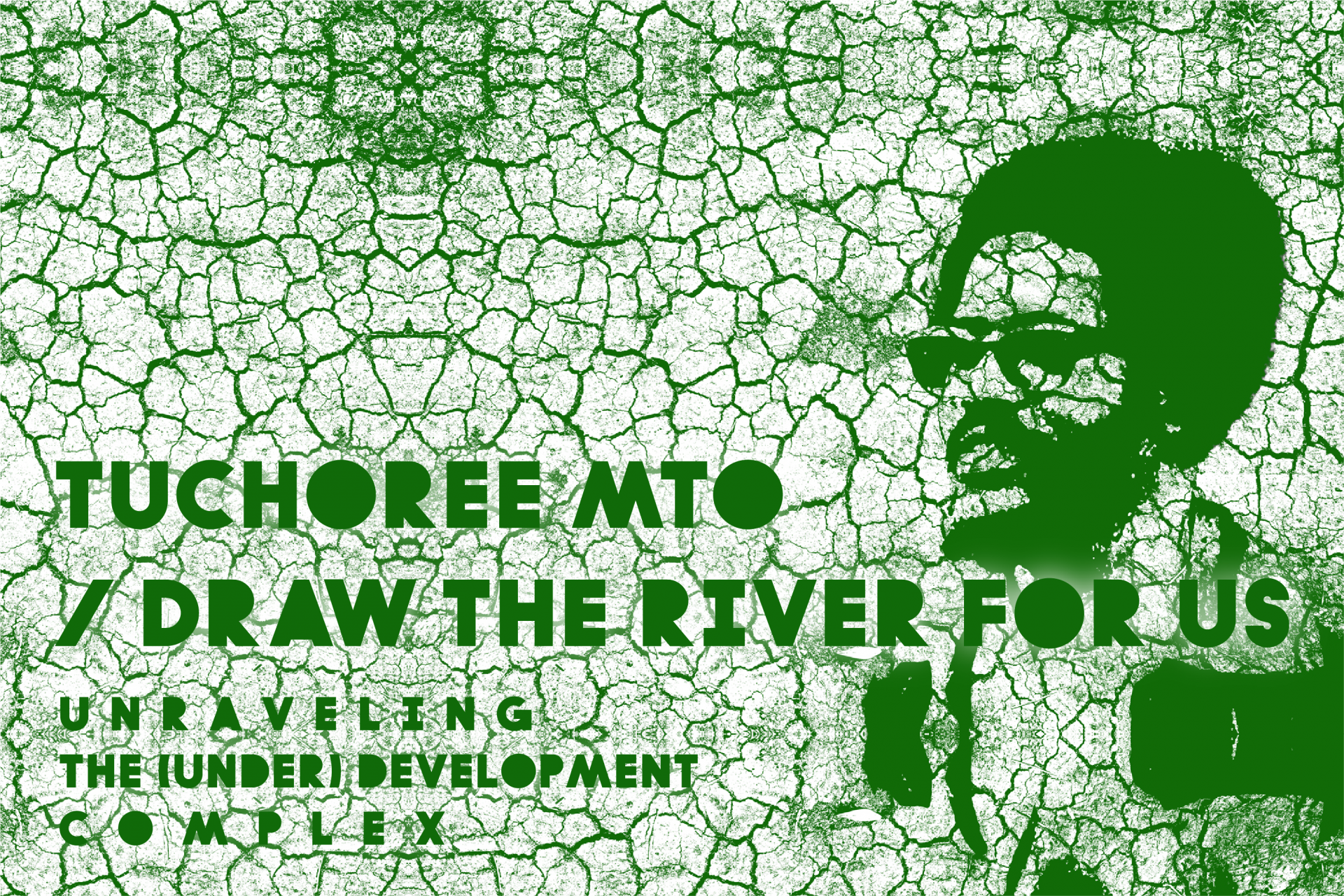
INVOCATIONS 05.–06.04.2024
AT Ajabu Ajabu, Mikocheni kwa Mwalimu, Dar es Salaam, Tanzania
HOSTED BY Ajabu Ajabu Collective, Dar es Salaam, Tanzania
WITH Andrea Kifyasi, John Kitime, Flower Manase, Franck Hermann Ekra, Marie Memouna Shaba, Issa G. Shivji, Tura, Liberatha Alibalio, Getrude Malizeni, Mihayo Kallaye, Andrew Munuwa, Amil Shivji, Paul Ndunguru, Dr. Nancy Rushohora, DJ Seche, Jesse Gerard Mpango, Bernie Mshana, Bernard Ntahondi, Alma Simba, DJ Black, Bonaventure Soh Bejeng Ndikung, Hajra Haider Karrar, Juan Pablo García Sossa +++
FREE ENTRY
LANGUAGES English and Kiswahili
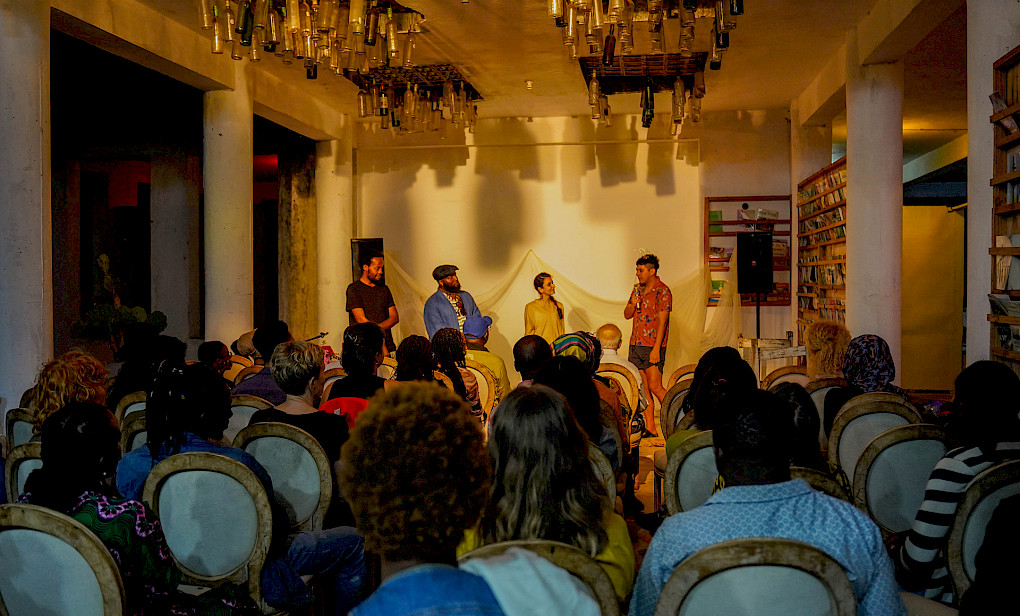
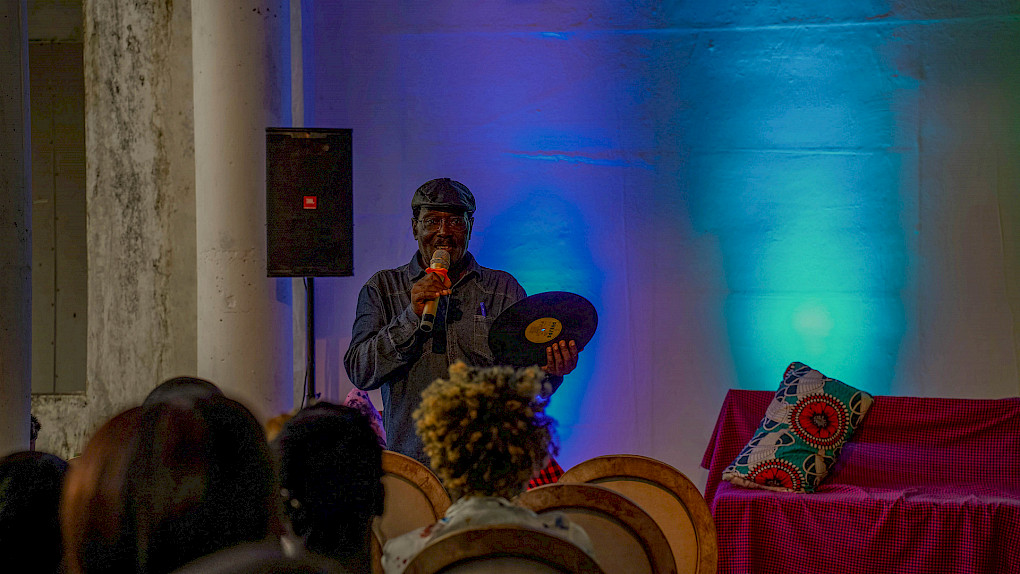
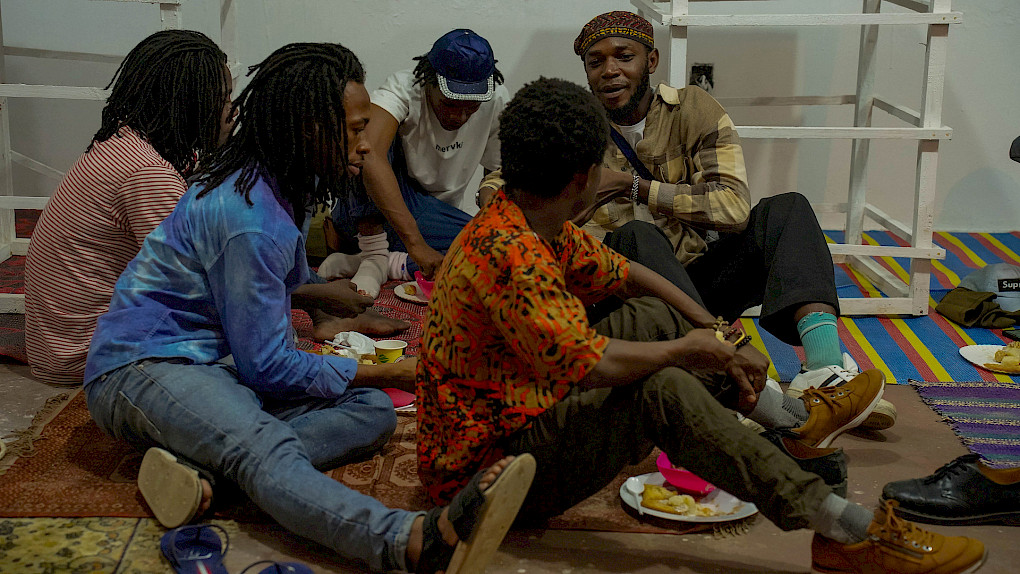
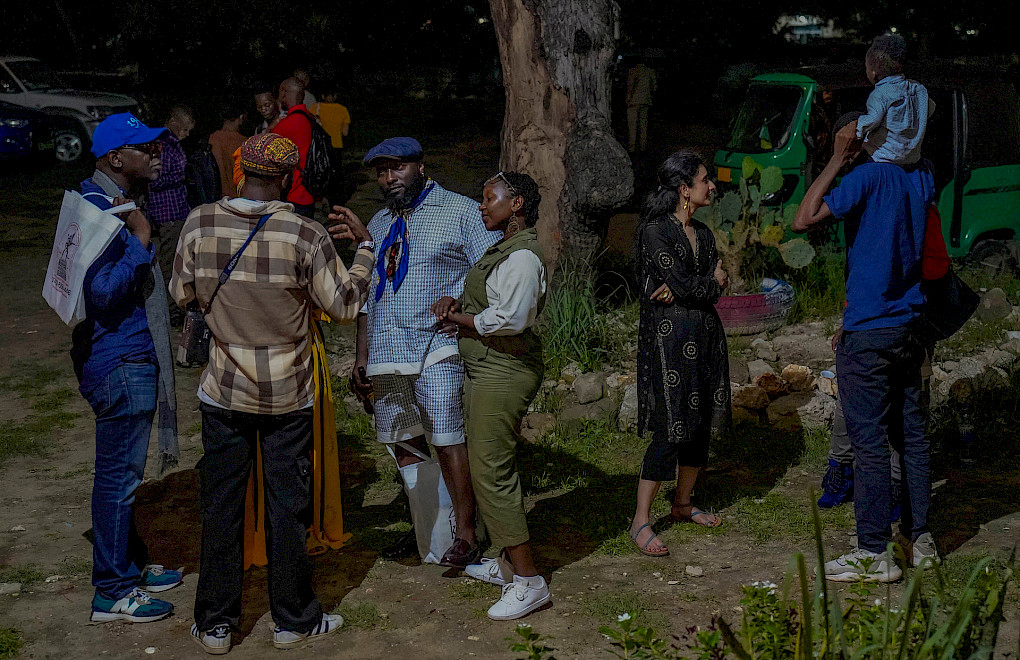
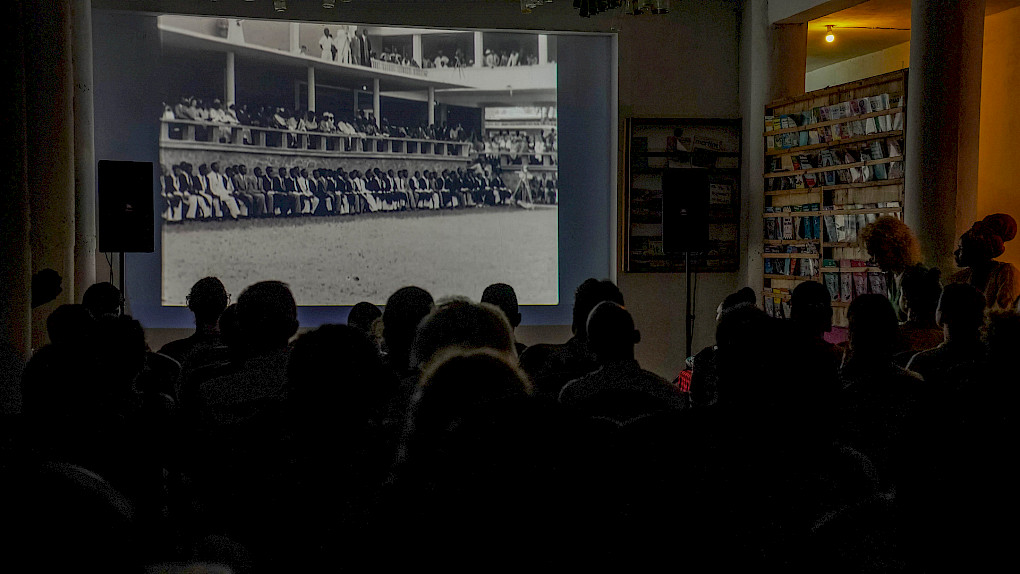
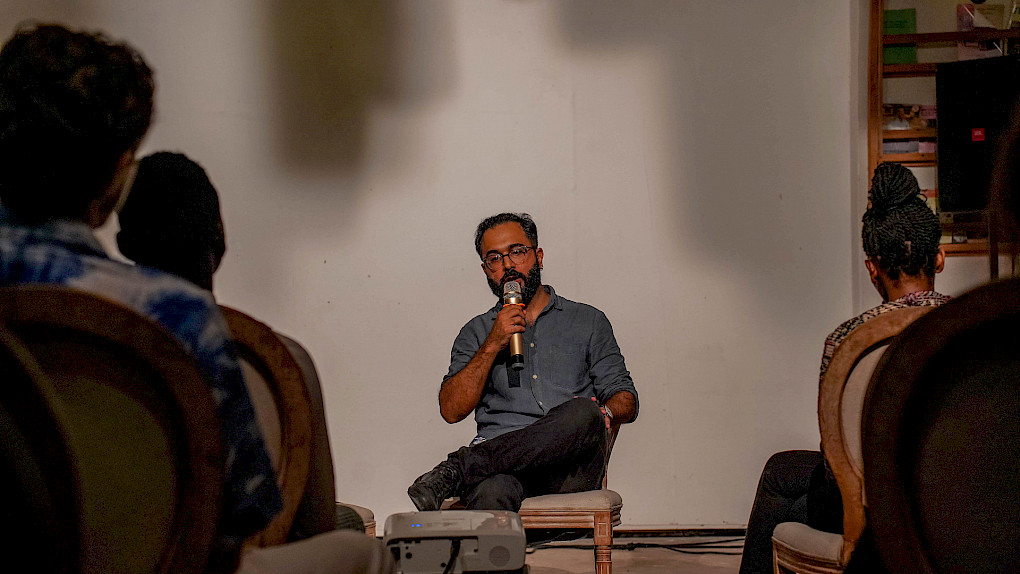
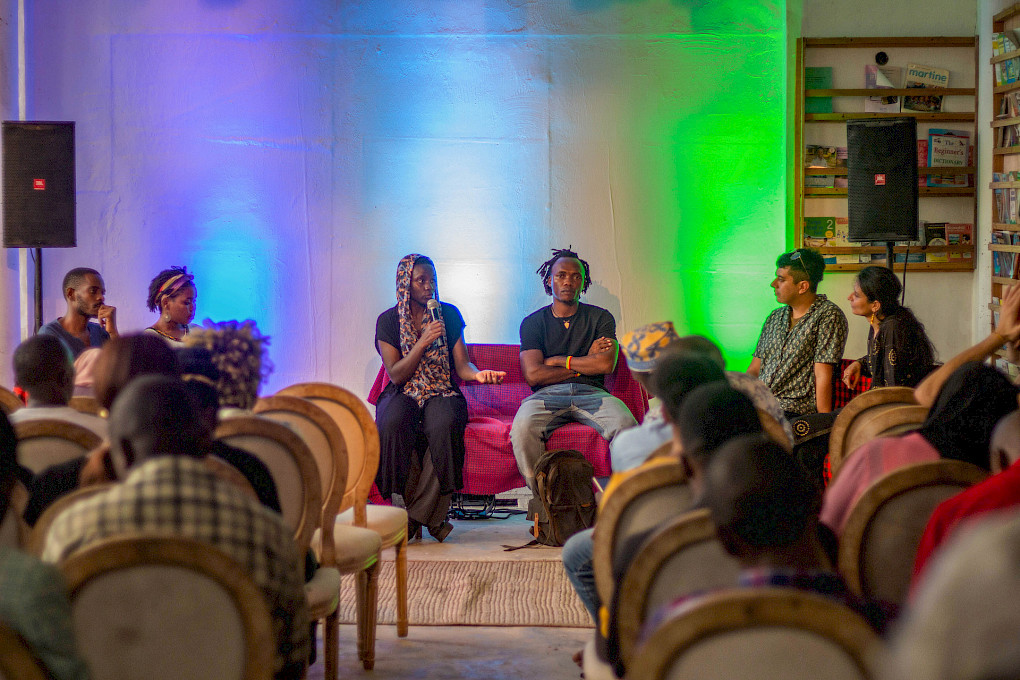
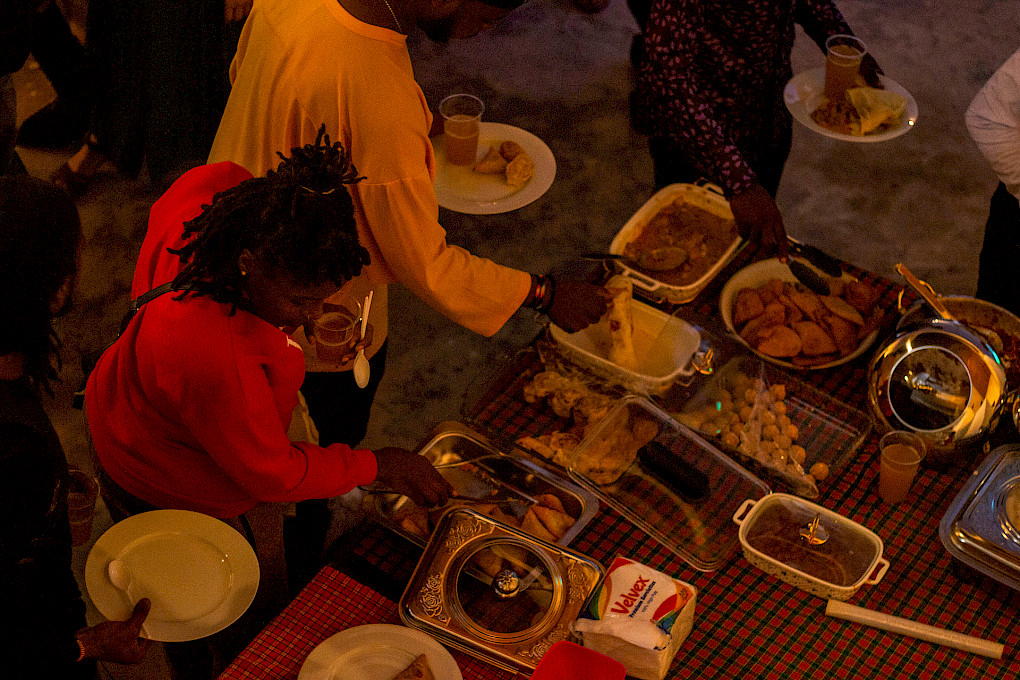
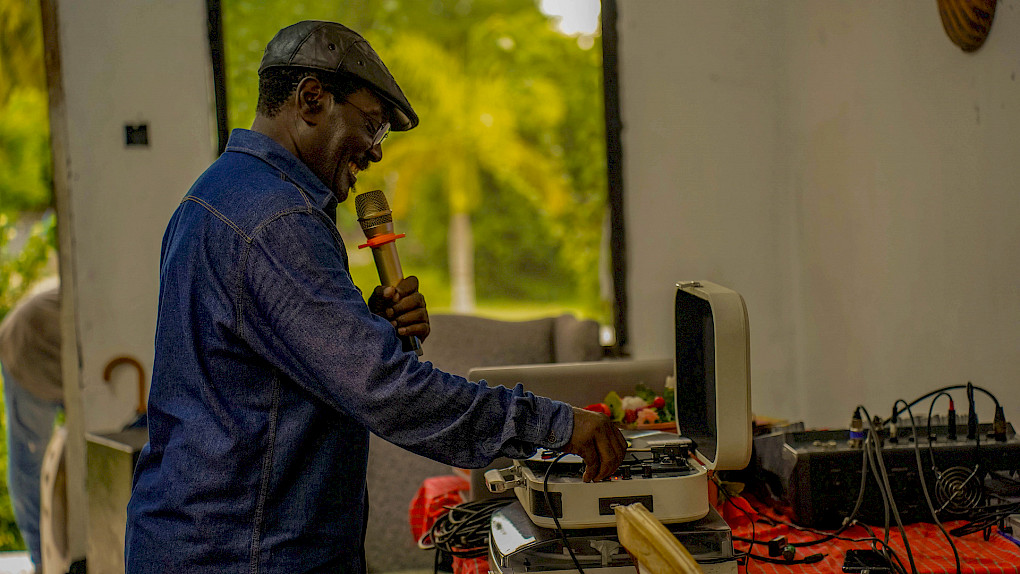
In the fifth iteration of UNRAVELING THE (UNDER-)DEVELOPMENT COMPLEX which celebrates Walter Rodney’s How Europe Underdeveloped Africa fifty years after its publication, we situate ourselves at the site of articulation of ideas by the Guyanese thinker and revolutionary. Dar es Salaam served as home and incubator of ideas in engagement with peers, activists, thinkers and friends for Walter Rodney from 1969 to 1974 and is the birthplace of How Europe Underdeveloped Africa half a century ago when Rodney spent time and space at the university of Dar es Salaam.
Though the story does not begin there. We can trace back hundreds of years in which systems of disenfranchisement were imposed on the African continent and various geographies of the planet by an eurocentric view, universalism, and globalism. When these systems were imposed pervasively, the politically charged air of Dar es Salaam and Tanzania provided the spark to ignite Rodney’s seminal work. It was the time, the space, the people – a playground for experimentation and imagining. Rodney’s engagement in Cheche Magazine sparked the circulation of visions, ideologies and aspirations that transcended time and regions.
In times of extremely oppressive regimes with settler colonial tendencies and collapsing nation states, together with ever-changing extreme climatic conditions, with increasing floods and wildfires we ask ourselves – how can we craft conditions that spark a multiplicity of options for self-determination and active world making. To craft interdependent worlds that foster the circulation of life between environments and relational beings?
From a Zapatista’s call for a Pluriverse: To be in a world where many worlds fit and a desire for the circulation of life in an Andenean Sumak Kawsay or Buen Vivir (Well Living), to the echoes of a non aligned Bandung Conference, reverberating all the way to the spirits of FESTAC ‘77 and the root-code of Ubuntu an interplanetary I am because we are. The grounds were sowed and their tectonic plates still pulsate beyond the continent. But is it really so? If Ujamaa emerged as a vision from the clouds, how has this thunder been grounded to the soil?
In this iteration, together with Ajabu Ajabu, a collective dedicated to the circulation of imaginaries, we will engage in reflections around the role of Dar es Salaam in the region and planetary movements as well as Rodney’s time in Tanzania. We will engage critically with Ujamaa, the socio-economic and political experiment in Tanzania under Julius Nyerere, and envision possible variations, bifurcations and contemporary situated responses of what interdependent systems could be: a patchwork of a multiplicity of modes of development and ways of being.
This gathering will be a starting point to Tuchoree Mto / Draw the River For Us, a creative research project initiated by Ajabu Ajabu in dialogue with these inquiries into the language accrued by the reality and subsequent retelling of Tanzania’s radical past. The exploration will aim to document, and respond, to the ways in which words, terms and concepts of the Ujamaa era endure as social guides and principles, or, in the words of scholar Marie-Aude Fouéré, how such language is selected, rearranged and combined with other moral reservoirs such as the language of religion or the language of democracy. The project is both named after this positioning of Ujamaa, as a source of moral sustenance but also the use of rivers or bodies of water to provide orientation. It is a direct reference to the words offered by elders retracing former landscapes in Youjin B. Chung’s Sweet Deal, Bitter Landscapes: Gender Politics and Liminality in Tanzania's New Enclosures: “Kwanza, chora mto!” (First, draw the river).
Beginning with Ujamaa itself, the study and exploration will expand to explore a range of accompanying meanings and words such as Wananchi, Mabeberu, Mabepari, Utandawazi, all have an echo of or direct relationship to the shortcomings of a prevailing social order and endure as the part of the river from which social and moral principles are drawn. The resulting work takes the form of a reflection, in text, sketches, photography and sound, of linkages between this lexicon of struggle and contemporary reality.
Karibuni wote!
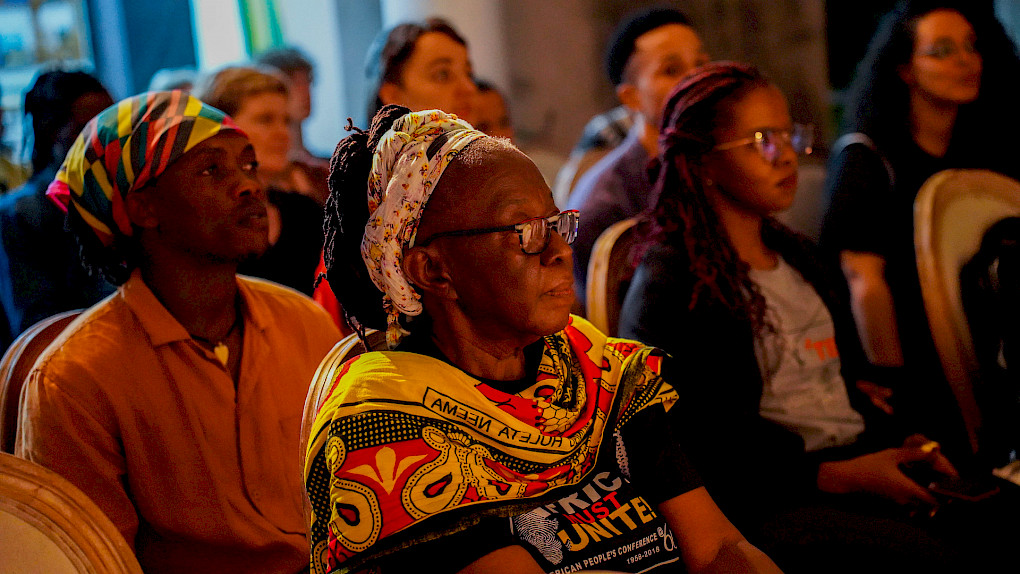
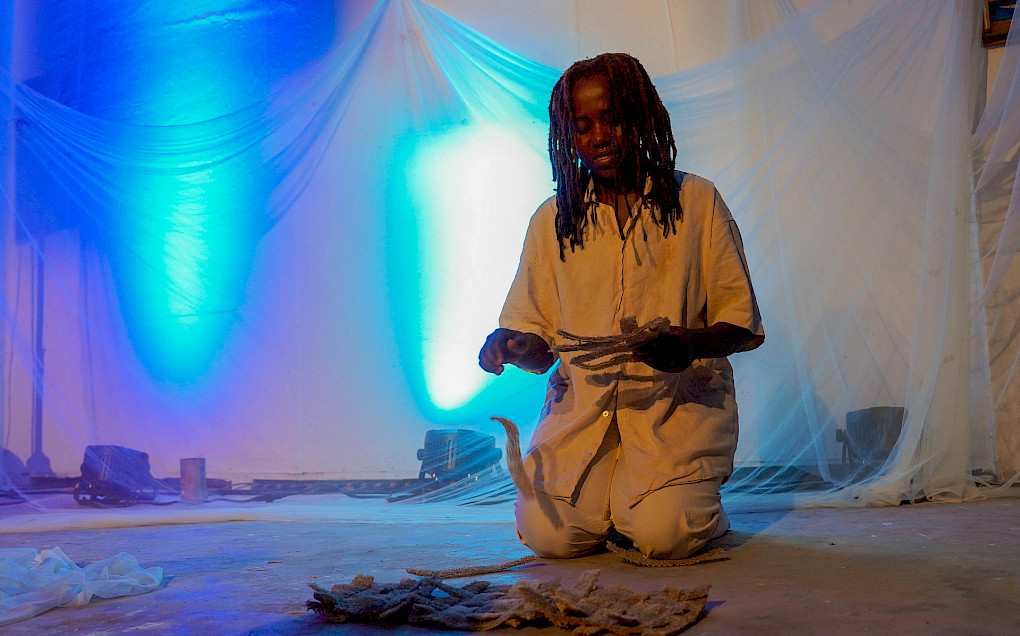
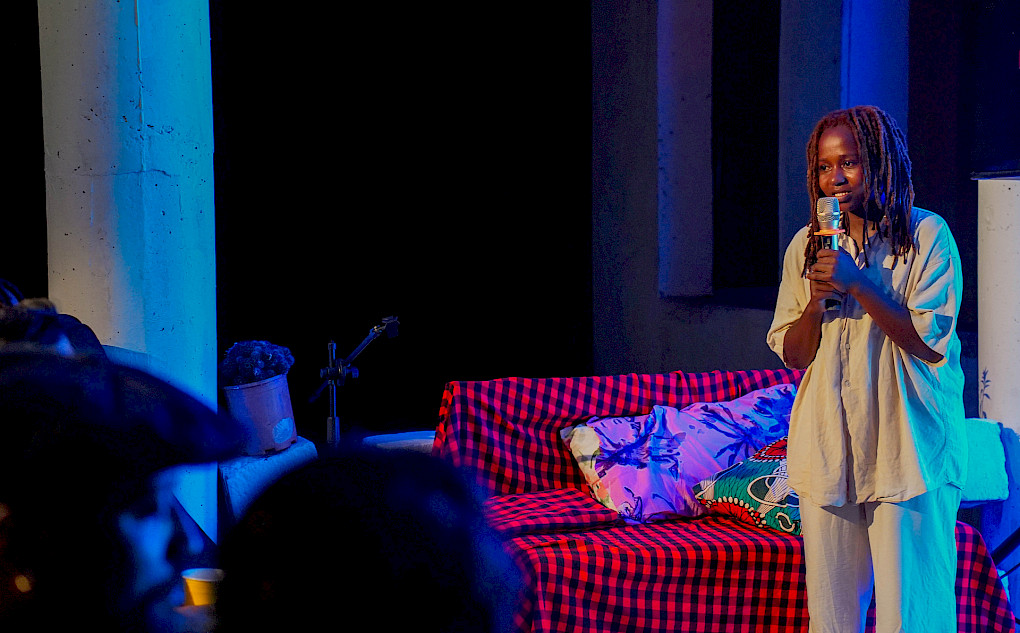
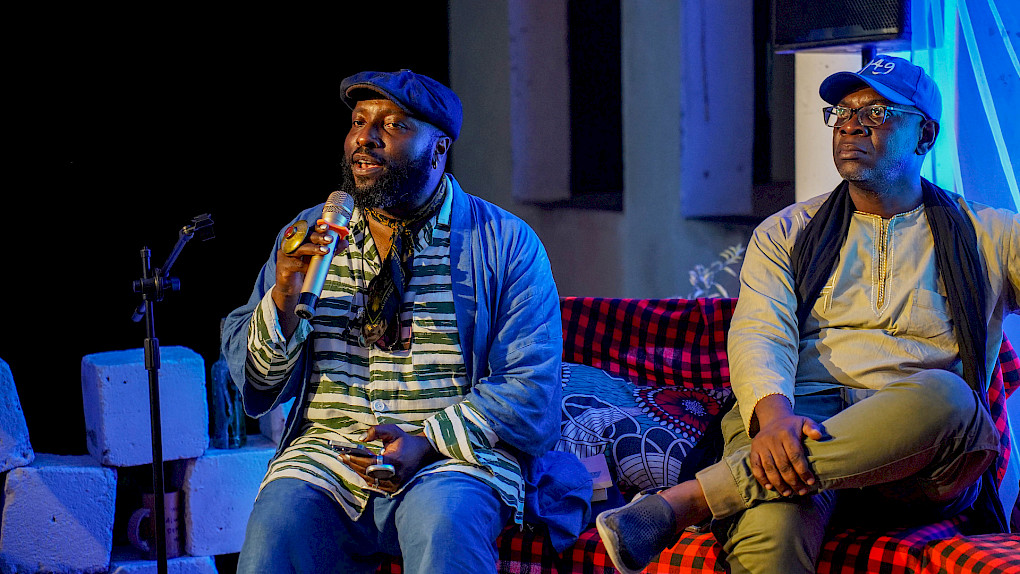
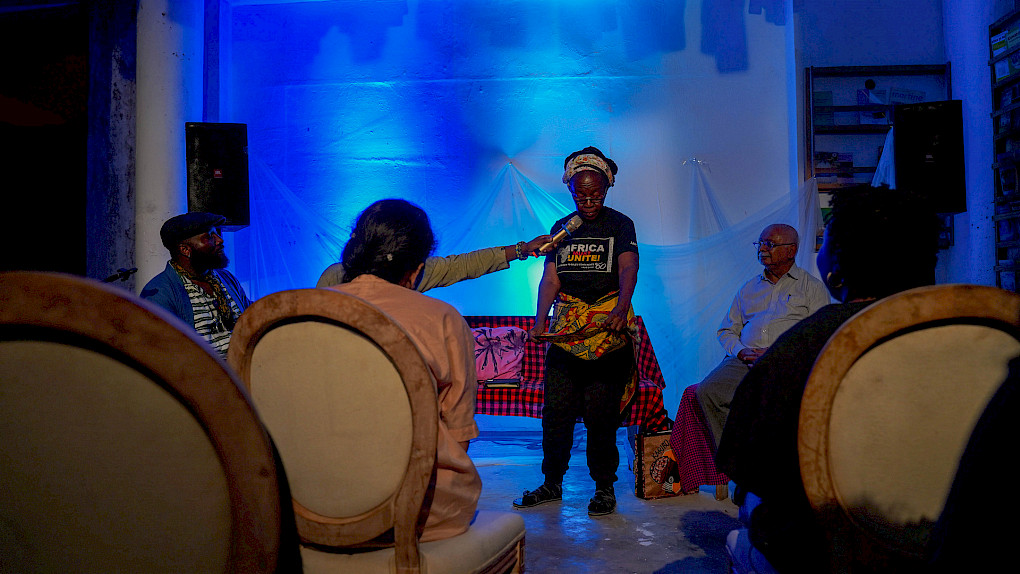
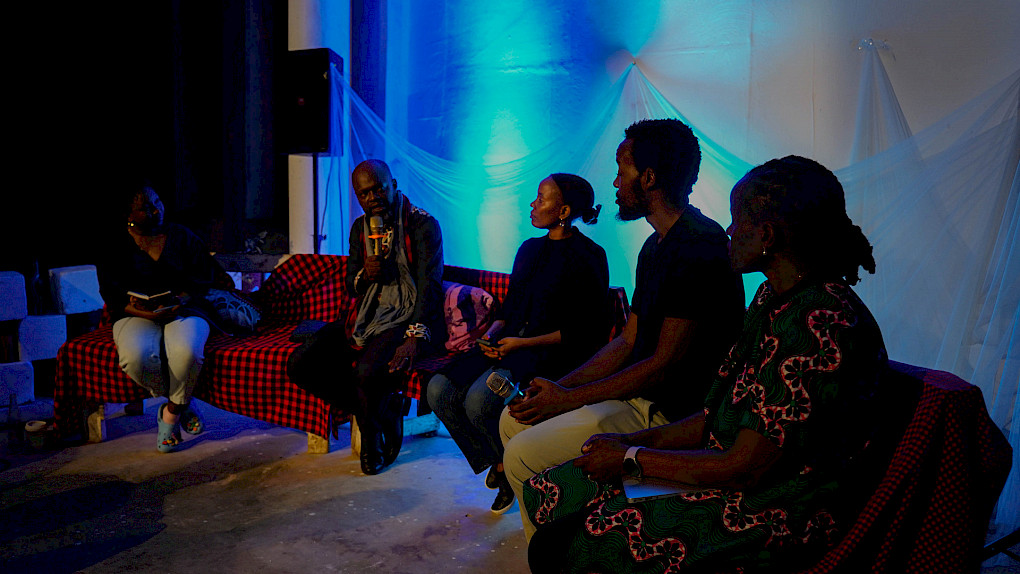
TEAM
CURATION Bonaventure Soh Bejeng Ndikung, Juan Pablo García Sossa, Hajra Haider Karrar, Jesse Gerard Mpango
CURATORIAL ASSISTANCE Billy Fowo
PROJECT MANAGEMENT Onur Çimen, Lisa Kolloge
GENERAL MANAGEMENT Lema Sikod
COMMUNICATIONS Anna Jäger
AJABU AJABU Collective-Team
Bernard Ntahondi, Bernie Mshana, Alma Simba, Seche, and Gertrude Malizen
Funding Funded by the TURN2 Fund of the Kulturstiftung des Bundes (German Federal Cultural Foundation). Funded by the Beauftragte der Bundesregierung für Kultur und Medien (Federal Government Commissioner for Culture and the Media), and with support by the SAVVY friends.

